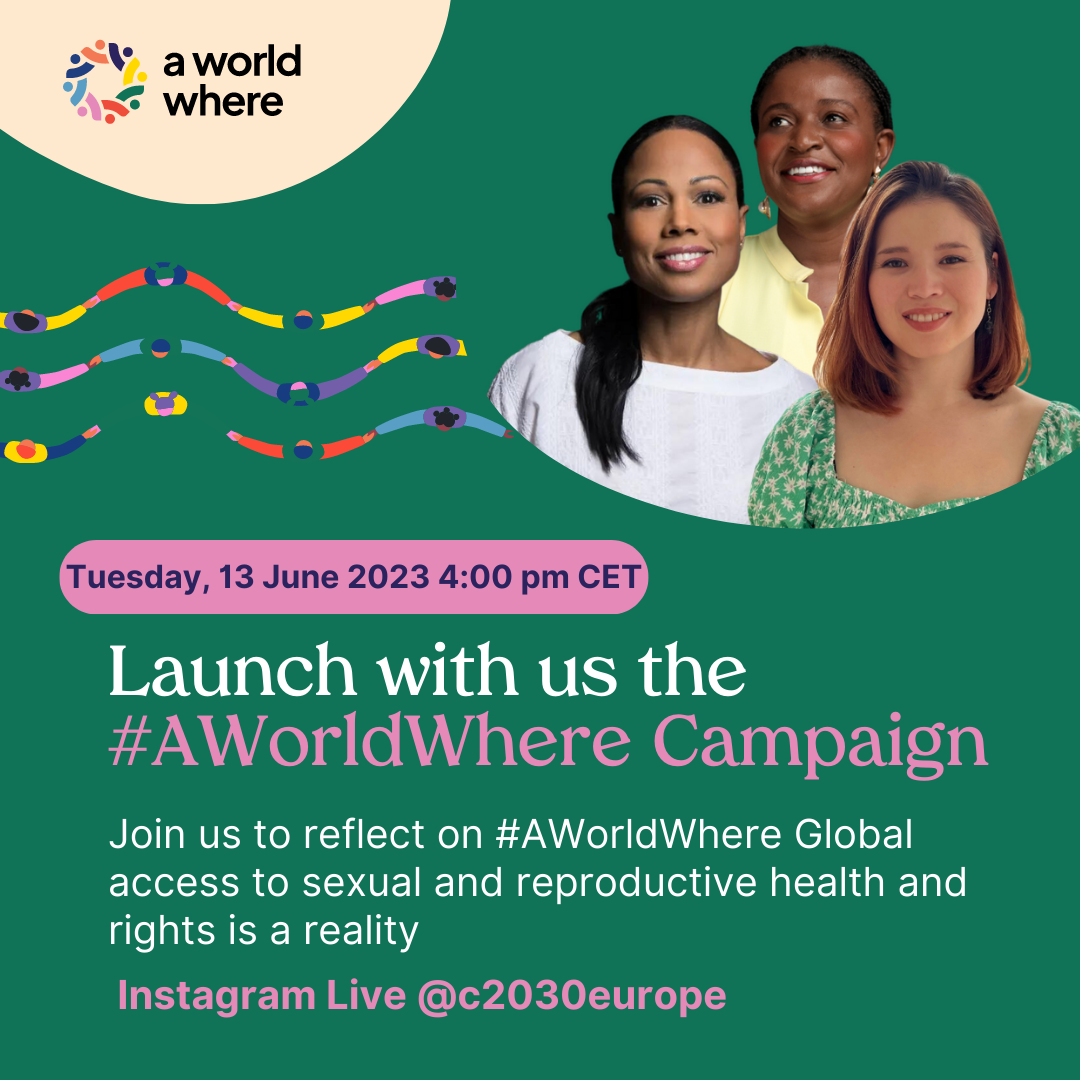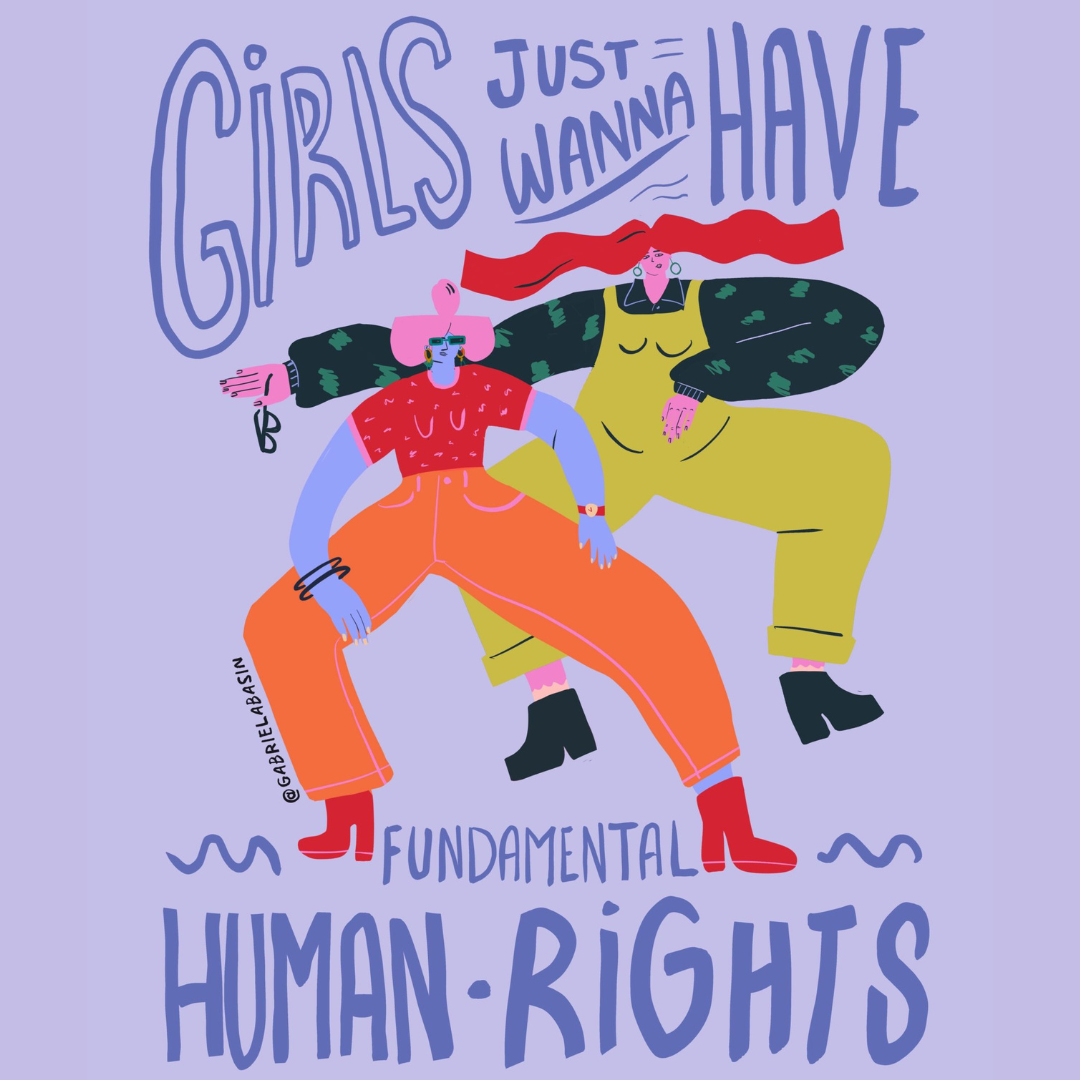The COVID-19 pandemic has strongly impacted the realization of sexual and reproductive health and rights (SRHR). In a number of countries, we see a decrease in access to contraceptives and reduced availability of safe abortion services. This, in its turn, has massive and devastating consequences for women and girls. UNFPA launched a report where it is concluded that a continuation of the current lockdowns can leave 47 million women in low- and middle-income countries unable to use modern contraceptives, leading to a projected 7 million additional unintended pregnancies. The report also concludes that another six months of lockdowns could result in an additional 31 million cases of gender-based violence.
The international response to the pandemic by European Governments has varied, but overall, many have stressed the need to reinforce development cooperation and humanitarian aid. However, no more than a handful have stressed the importance of safeguarding women’s rights and gender equality. Even fewer are focusing on the alarming (SRHR) challenges that the UNFPA is now reporting on. One of these countries is Sweden: a country that before COVID-19 had one of the highest shares of its GNP allocated to Official Development Assistance (ODA) and a strong focus on SRHR. What can be learnt from Sweden’s international response to COVID-19?
Since the beginning of the pandemic the Swedish Government has made clear that now is the time for solidarity and international cooperation. In a recent article, the Minister for Foreign Affairs Ann Linde and the Minister for International Development Cooperation Peter Eriksson jointly stated that Sweden will continue to give 1 percent of their GNI to ODA and that democracy and the human rights of women, will remain key priorities. The Swedish government COVID-19 specific contributions include 40 million SEK to the WHO appeal as well as a commitment of 70 million SEK to the UN humanitarian response appeal.
COVID-19 has not changed the core elements of the Swedish Feminist Foreign Policy, including the holistic and human rights based approach and the focus on women’s rights. The serious short and long term consequences of the pandemic for gender equality and the rights of women and girls, have continuously been highlighted. Linde and Eriksson have underscored that in the context of COVID-19, the core elements of the feminist foreign policy have become more relevant than ever. Like Finland, the Netherlands and Norway, Sweden has stated that sexual and reproductive health and rights remain a key focus area during and after COVID-19:
It is extremely important to continue working on sexual and reproductive health and rights (SRHR). Otherwise, we may see a sharp increase in HIV, unwanted pregnancies, unsafe abortions and increased maternal mortality (Carin Jämtin, Sida’s director general).
Recently, Sida announced that they will provide an additional 20 million SEK (roughly $1.9 million USD) to an extension of their partnership with DKT international, to counteract potential supply shortages and expand access to contraception and safe abortion in East and Southern Africa (the DR Congo, Ethiopia, Kenya, Uganda, Mozambique, and Tanzania).
The Swedish Government’s response also includes long term perspectives and the government has acknowledged that needs that existed before the COVID-19 epidemic are still here- and will not go away. “The actions we take today should be of use also after the COVID-19 pandemic” (Åsa Andersson, lead SRHR and Health policy specialist at Sida). In this regard, the importance of Universal Health Coverage (UHC) and strengthening health systems, are highlighted as areas that should be prioritized to better equip countries to face current and future challenges and disasters, including virus outbreaks such as COVID-19.
Sweden is not the only donor country that has put global cooperation, health system strengthening, human rights, gender equality and SRHR at the heart of its international response. But in all, the number of donors explicitly focusing on these areas in the context of COVID-19, are very few. Hopefully, an increasing number of European donors will realise the devastating consequences of COVID-19 (and the related lockdowns) on gender equality and SRHR and follow the Swedish example by maintaining ODA levels and supporting comprehensive, system strengthening responses to the COVID-19 pandemic, including life-saving investments in SRHR.
Photo credit: IPPF_Georgina Goodwin_Burundi



